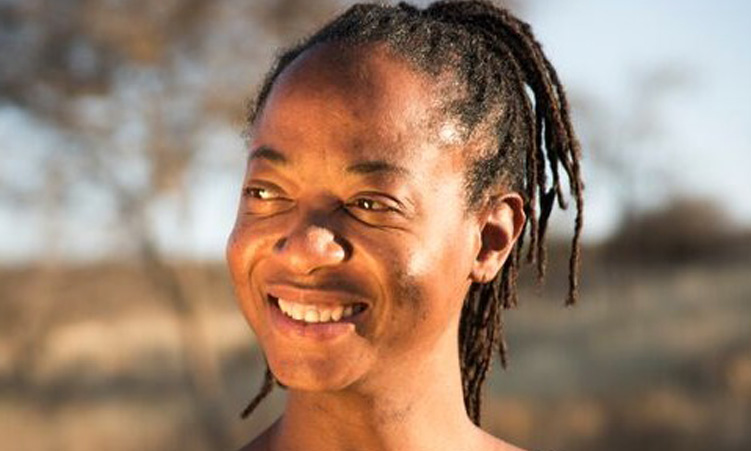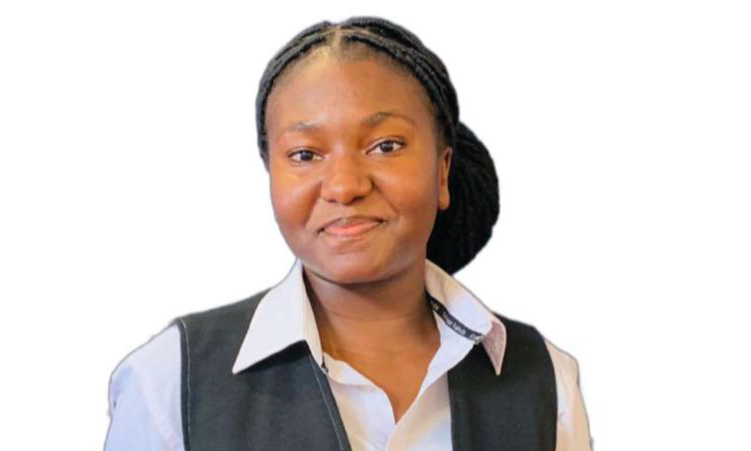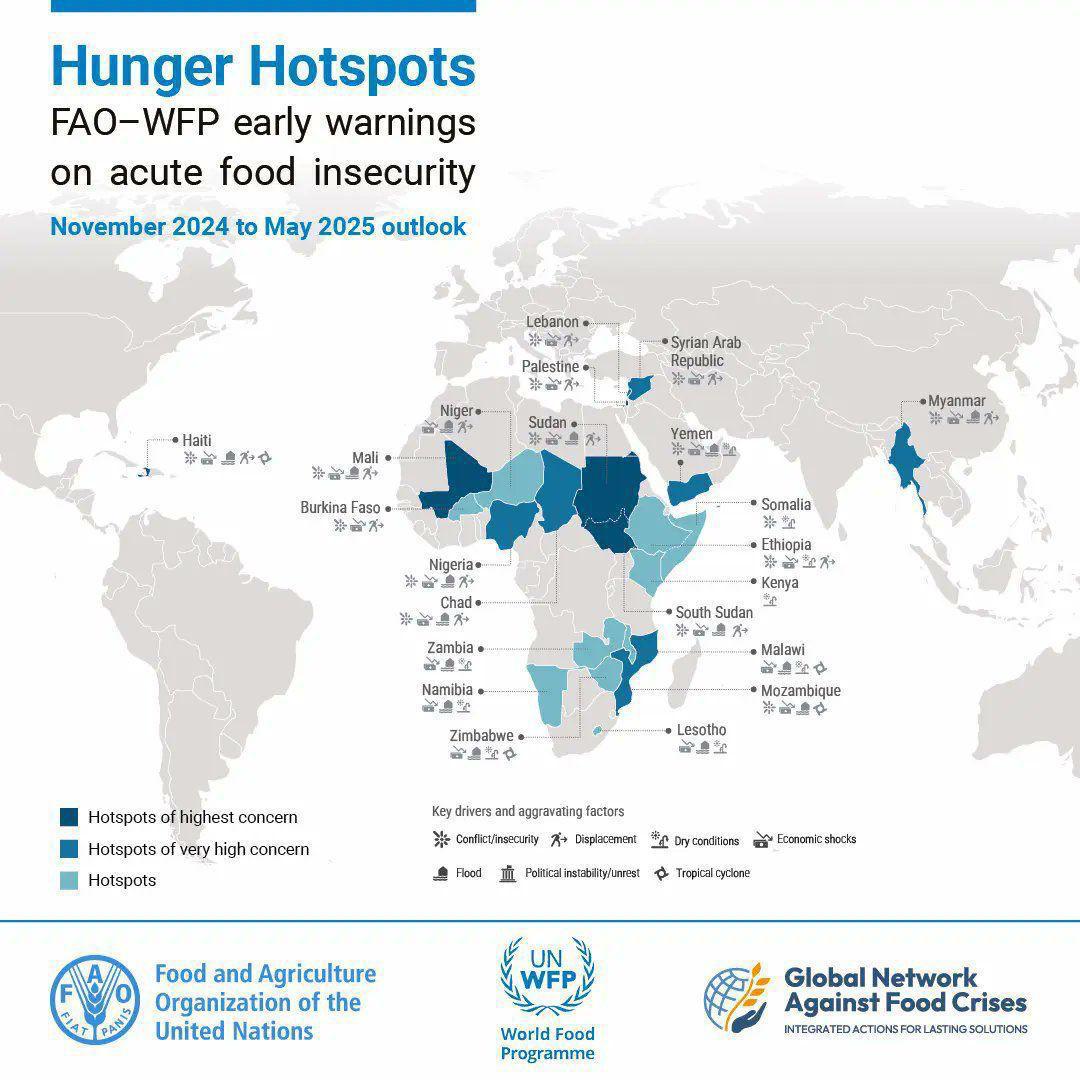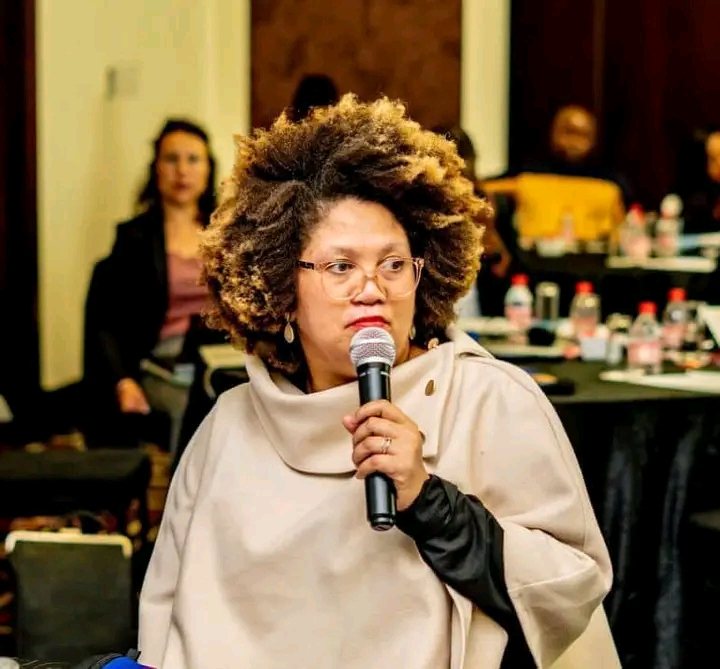Global organisations have officially declared Namibia a hunger hotspot.
This was announced by the Food and Agriculture Organisation (FAO) of the United Nations (UN) and the World Food Programme (WFP) in their latest report, signifying an urgent warning about the escalating risk of food insecurity in the country.
The report covers the outlook from November 2024 to May 2025.
It says the UN agencies project worsening acute food insecurity across 16 global hunger hotspots during this period, including 14 individual countries and two regional clusters.
Namibia, alongside Kenya, Lesotho and Niger are the latest additions to the hunger hotspots list.
These countries are joining other African nations like Burkina Faso, Ethiopia, Malawi, Somalia, Zambia and Zimbabwe.
“This report focuses on the most severe and deteriorating acute hunger situations, but it does not represent all countries/territories experiencing high levels of acute food insecurity. “Conflict and armed violence continue to be the primary drivers of hunger in numerous hotspots, disrupting food systems, displacing populations, and obstructing humanitarian access,” it states.
ARMED CONFLICT
The report says armed violence continues to be the primary driver of hunger in numerous hotspots, disrupting food systems, displacing populations and obstructing humanitarian access.
The Namibian recently reported that 35 197 Namibian children under five years old are severely or moderately malnourished.
This is in addition to 7 057 severely or moderately malnourished pregnant people and lactating mothers.
These figures are contained in the government’s drought response plan from July 2021 to June 2025.

‘NOT SERIOUS’
Social justice activist Rinaani Musutua says Namibia being added to the hunger hotspot list signifies the lack of the government’s seriousness about tackling widespread poverty.
“Very little has been done to tackle poverty – even though they promised us at independence they would eradicate poverty.
They have instead resorted to making their lives extremely comfortable.
“Instead of taking care of the issue of hunger, they are out campaigning to get voted into power,” she says.
Musutua says it is upsetting that a resource-rich country such as Namibia has been classified as such.
“The government says it will give people their so-called conditional basic income grant (BIG), which is actually a Harambee cash grant, but it won’t even be enough to reach all the starving Namibians. “And they won’t listen to us when we tell them to implement a universal BIG to ensure that no Namibian is excluded and falls through the net,” she says.
BIG Coalition researcher Tjipura Tjipura says this classification highlights the urgent need for an inclusive and sustainable universal BIG to address the country’s food insecurity crisis.
“The persistent drought, exacerbated by climate change and the El Niño weather pattern, has severely impacted agricultural productivity and food availability.
“The situation is dire, with approximately 1.5 million people expected to face high levels of food insecurity between October 2024 and March 2025.
“This crisis is not just a matter of immediate relief, but also of long-term resilience and sustainability,” he says.
Tjipura says implementing a BIG is a transformative approach to mitigating the impacts of this crisis.
He says a BIG would provide direct financial support to all individuals, helping them meet their basic needs and reducing the need for negative coping strategies.
This approach has been shown to reduce poverty and inequality in other contexts and could be particularly effective in Namibia, Tjipura says.
“This would ensure that vulnerable populations receive both immediate relief and long-term financial support, building resilience to future emergencies and promoting sustainable livelihoods,” he says.

‘HOLD LEADERS ACCOUNTABLE’
Social justice activist Nafimane Hamukoshi says the designation of Namibia as one of the world’s hunger hotspots is a stark reminder of the urgent need for systemic change in our society, particularly as we approach our elections.
“For many Namibians, this situation is not just a statistic, it represents the daily struggle for survival faced by families across our communities.
“The intersection of political instability, economic shocks and climate challenges exacerbates food insecurity, making it imperative that we hold our leaders accountable to prioritise sustainable solutions that address these root causes,” she says.
Hamukoshi says young people must amplify the voices of those affected by hunger and advocate for policies that ensure equitable access to food and resources, such as the implementation of a universal basic income grant.
Stay informed with The Namibian – your source for credible journalism. Get in-depth reporting and opinions for
only N$85 a month. Invest in journalism, invest in democracy –
Subscribe Now!










